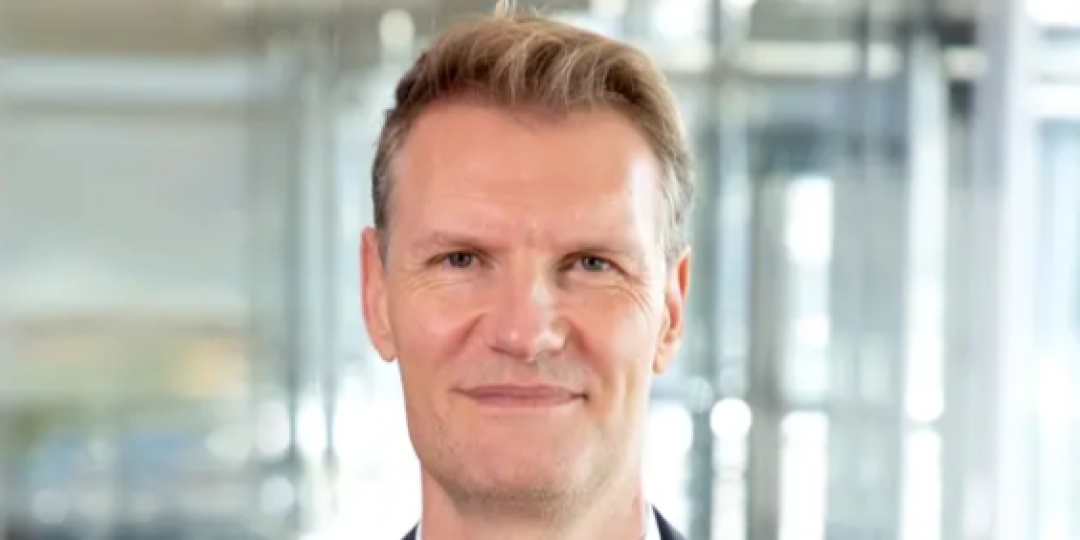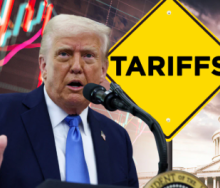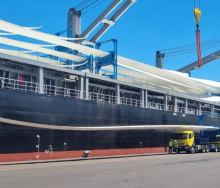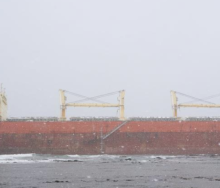Business leaders from shipping, ports, energy companies and banks have called on the International Maritime Organization’s (IMO) member states to support a global regulatory framework that accelerates the maritime industry’s drive towards net zero by 2050.
One was Soren Toft, speaking earlier this week at the UN’s Global Compact meeting in New York on High-Level Ocean for the Future.
The CEO of MSC, among peer leaders from the global sea freight industry, called for the IMO to agree on and implement effective regulations to lower the price gap between conventional and net-zero greenhouse gas (GHG) marine fuels, including bio and synthetic LNG.
Transitioning from fossil fuels currently comes at a high cost as low-emission fuels cost two to five times more than conventional fuels.
In a statement released after the meeting, MSC said the call-to-action had come just before the IMO’s Marine Environmental Protection Committee (MEPC) meet, which will convene at the end of September.
The MEPC gathering will look at further refining different proposals for a global fuel standard and carbon/GHG pricing – including how to charge for it, who would collect it and which fuels are considered low-carbon/GHG.
“MSC hopes that a clear consensus will emerge at IMO MEPC, one that balances ambition with pragmatism, and sends a strong signal that governments are up to matching the shipping industry’s commitment to change,” the statement said.
It was highlighted that a comprehensive assessment of the industry in all its aspects is required to meet just-energy requirements, particularly from a practical, labour perspective.
“The human element is a crucial component to decarbonising shipping by 2050 as it will be the seafarers who will need to safely operate engines running on net-zero fuels. Therefore, crew upskilling will be critical to meet the target of net zero by 2050,” MSC said.













